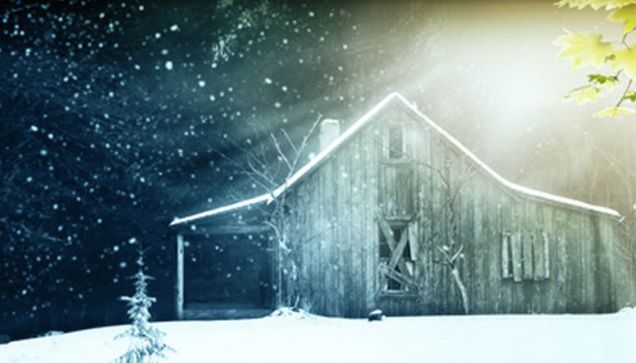
There’s a rickety old shack in the Oscar winning movie, Forest Gump, where Forest’s best friend Jenny grew up. Jenny’s shack is also the place that hides her darkest, most painful memories—early years of sexual abuse.
Paul Young’s runaway bestselling novel, The Shack, takes up a similar theme.
The shack in Young’s tale is the site where Missy, the beloved young daughter of the main character Mack, is brutally murdered by a sexual predator. The impact of her brutal death on Mack is, as you can imagine, utterly devastating. Like Forest’s friend Jenny, Mack lives a tormented life because of what happened to his little girl in the shack. The shack casts a dark and terrible shadow over his life that he can’t escape.
The shack—that dilapidated vacant old eyesore—comes to represent unspeakable loss and an open wound in Mack’s soul. Just like Jenny, Mack returns to the place most abhorrent to him, drawn by a note in his mailbox signed “Papa”—the name his wife Nan uses most often for God. But unlike Jenny’s story, Mack’s story doesn’t include a bulldozer scene. Instead of trying to destroy the shack, Mack enters it alone. He is angry, skeptical, fearful, and filled with revulsion.
Yet it is in returning to the place that pains him most that Mack has a life-altering, redemptive encounter with God.
Young’s novel has attracted an enormous readership which, in itself, would be reason enough to discuss his book here. He has also drawn fierce criticism from Christians for his portrayal of the Trinity and for his theological views which he is audacious enough to put into the mouth of God.
From my vantage point, it seems counterproductive to debate, when Young is serving up to us on a platter an amazing opportunity for deep conversations and real ministry with so many people. We may not like every detail of the book or agree with every theological statement it contains. (And in all fairness, Young’s critics should also inspect C.S. Lewis and Tolkien, not to mention their own views, under the same theological microscope.) But Young is doing here what most people do every day. He’s asking the tough theological questions that hound every wounded soul. (If you’re not in that demographic, sooner or later you will be, so this is for you too.)
Why do bad things happen—not just in the abstract, but to me? Does God really care about me? Why is my life such a mess, if God is truly good?
And here’s one to ponder: How do we present God as Father to this father-starved generation and call them to draw near to Him, when the mention of “father” conjures up images that are uncaring, distant, and (in more cases than we’d like to admit) abusive? Young tackles that question head on by starting in the kitchen with “Papa” represented as a warm, embracing African-American woman and leading Mack from there to know “Papa” as Father who will shepherd him gently through the hardest stretches of his journey.
I suspect one explanation for the skyrocketing sales of this book is that there are a lot of hurting people in this world who long for an honest discussion of the big questions they are already asking. Young is giving them that discussion.
I read and discussed The Shack with six highly respected, theologically minded people. All seven of us are seminary graduates with years of experience in theology, biblical studies, and pastoral concerns. You may be surprised to learn that our discussion touched only briefly on the theological controversy and then went in another direction. Yes, we are all seminary graduates capable of wading into the controversy. But we have another thing in common which changed our reading of Young’s book.
We all have shacks.
If you’re hurting—if there’s a painful, immovable fixture on the landscape of your life—this book will touch you in your deepest place. It did that for all of us. Frank and I felt a deep connection between Mack’s struggles and the shack we are dealing with in the aftermath of his brother Kelly’s death in the snow cave on Mount Hood.
The Shack is about revisiting the hard places—the shacks—of our lives and wrestling honestly with God there (instead of avoiding, ignoring, or trying to bulldoze it). Somehow God meets us in our shacks. This is the consistent story of God’s people all through the Bible: Job, Abraham and Sarah, Naomi, Hannah, David, and Jeremiah, to name a few.
The Shack is about being reassured of God’s relentless love for you in the presence of your greatest reason to doubt Him. How ironic for Mack to come to grips with God’s love at the murder scene of his daughter where God’s love seemed so wholly absent. I’ve always said, I’d rather hear about God’s love from someone who believed they had lost it, than from someone whose rosy life never forced them to doubt.
The Shack is about the importance of the hard places in our lives. In our victorious, prosperity-obsessed, air-brushed Christianity, we completely miss this. There’s a lot of truth to the charge coming from people who are leaving the church that we are not honest about the shape of our lives and the state of our faith. In the church, shacks are secrets unless something unforseen blows your cover. Shacks are shameful. And the doubts they produce are signs of spiritual failure, not the path to growth.
I don’t necessarily advocate full public disclosure of our deeply private struggles, but there surely is a place for us to acknowledge to one another that we all have spiritual struggles, we wrestle with doubts about God, and we all have our shacks.
Biblical sufferers offer us that kind of honesty, and we should be grateful that Paul Young has been that honest too.
Have you read The Shack? What was your response?
Note: If you’re interested in reading a thoughtful review, here’s a more extensive analysis by Professor John Stackhouse, who personally interacted with the author at Regent College, Vancouver, BC:




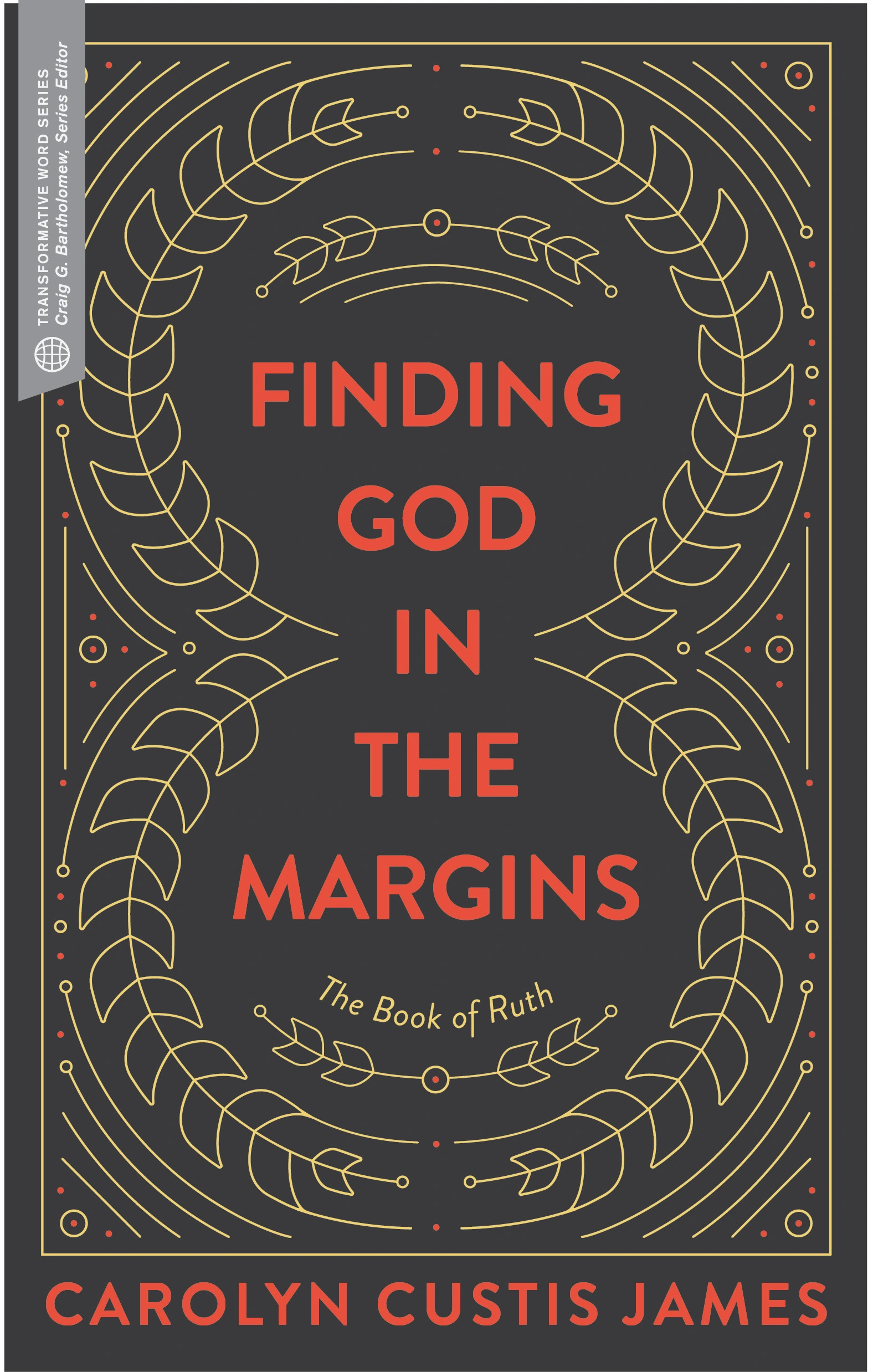
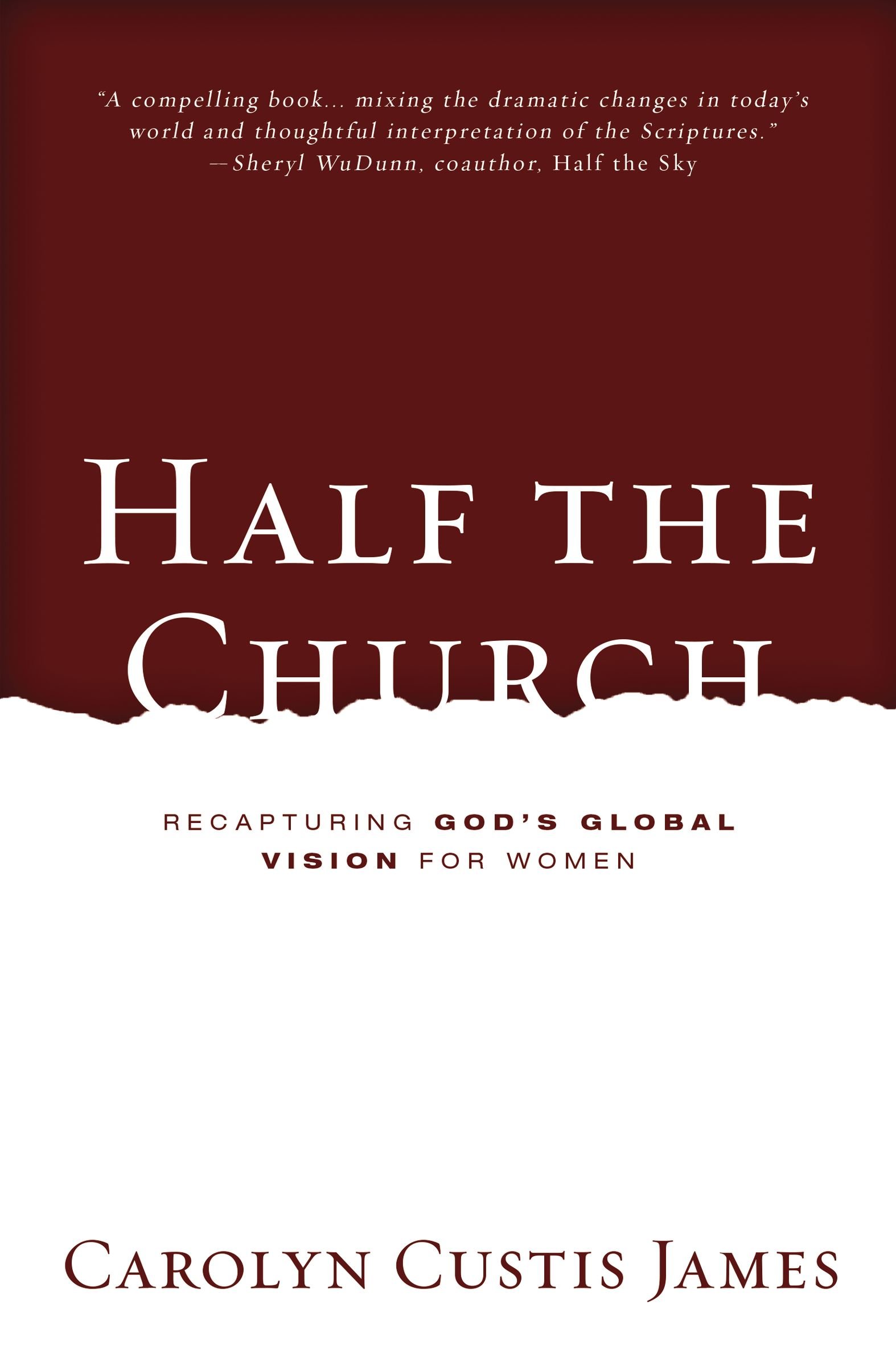
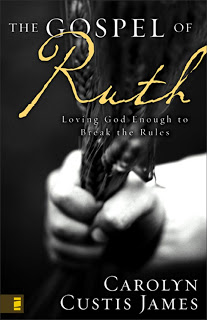
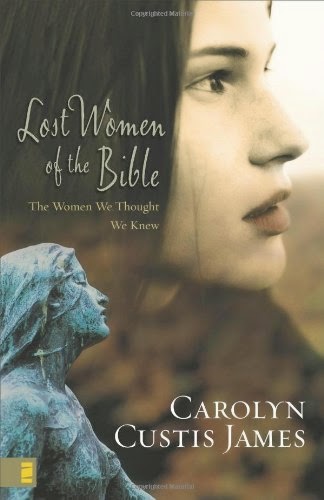

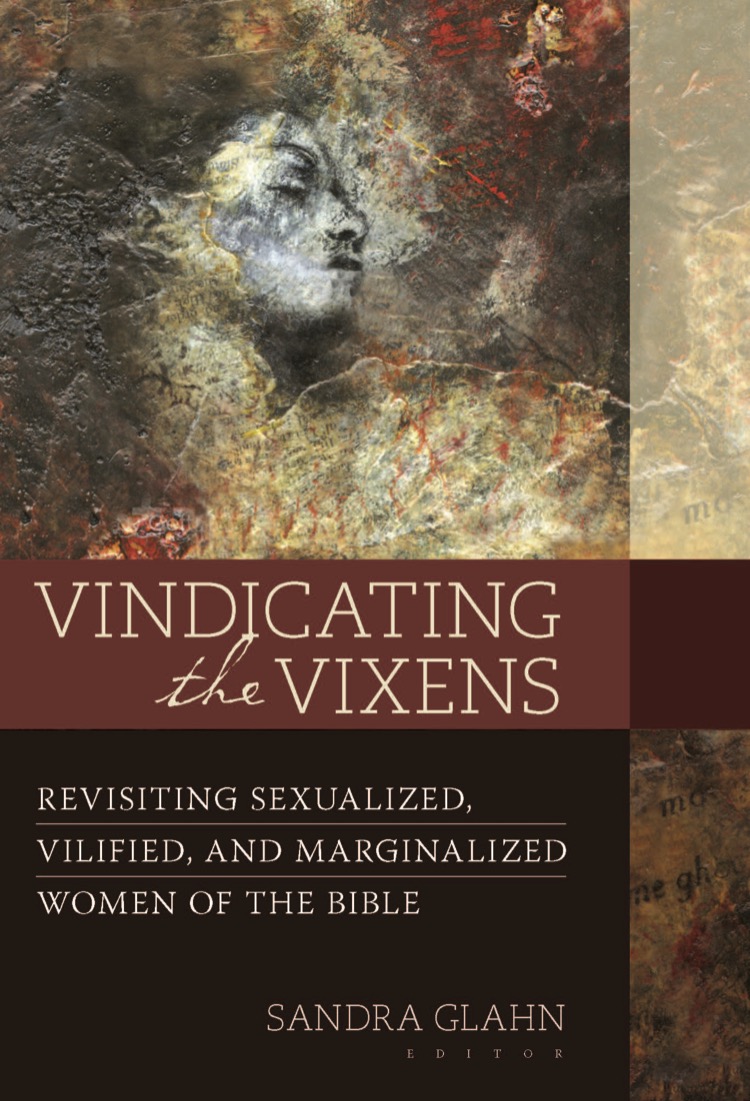




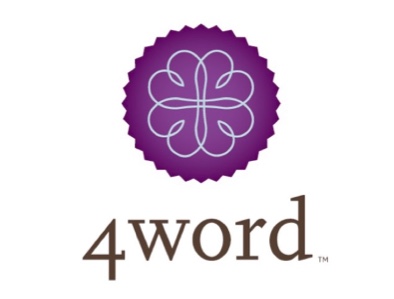
Thank you so much and well said. I couldn’t agree more…I loved the book for the sake of thinking. I truly don’t think we think enough as Christians and we are afraid that God isn’t big enough to handle our doubts, fears and questions…our thinking. SO, we “bull doze” the whole shack or thoughts of the shack and chalk it up to the shame of unbelief…we serve a God Who has gone to great lengths to be known and certainly doesn’t have a problem with being misunderstood by His creation-He still reaches in and out to us! I loved how the book made me think and consider what I truly do believe and what the Word has to say about Who God is and how He interacts with His own. I agree there are points to argue and debate but what about the opportunity to think and discuss?! Thanks again for your thoughts and encouragement! Blessings…
LikeLike
After reading some discussions on this book, I really wanted to read it out of a desire to deepen my understanding of God’s love for me. Some people warned against the “feminization” of God the Father, and some of the other human-like characteristics the Son and Holy Spirit are portrayed by, and I was hounded by a fear of straying from a biblical representation of the Trinity.After reading many sources (including your books) and coming to a better understanding on God’s heart for the differences and complementary parts of men and women I really want to read this book.My husband and I lost a child to a medical condition years ago. The pain is lasting, but God is good. I’ve been manipulated by Christian leadership, but God is still good.
LikeLike
Our book club discussed THE SHACK over a round of scones last night. The treasures we found varied. The grimaces varied, too. However, we happened to agree, too, that all stories of God’s redemption are worthwhile – despite the human voices through which they quake! I personally needed the reminder to look for God beyond my 3-dimensional assumptions, to be eager to talk with Him no matter how much He reveals of Himself, and to get my hands dirty alongside my Master Gardener. I agree with you: when He beckons me to face my “shack”, may I pack up and go, too.Thank you for your thoughtful post.
LikeLike
The part that really bothered me with the book,(Ok, there were more than one) was when the “father” told Mac to quit standing there as if his pants were full. As if my Father would shame me. He doesn’t. I saw the interaction as shaming. God doesn’t shame.
LikeLike
Anonymous,Your point is well taken. I’m not sure why this crass attempt at humor was necessary. It certainly underscores the fact that Young’s book is not above criticism. All of us need to be thoughtful readers.
LikeLike
Thank you Carolyon. So as a thoughtful reader, I questioned the line that said everyone, not just those who believe in Jesus will go to heaven. Did I read this wrong? When I read Lewis or Tolkien for the first time I was excited because I saw Scripture all over the place. I didn’t with the Shack. I saw some good things about forgiveness and facing, leaning into pain, but I didn’t see Scripture…I didn’t see God. Perhaps I shouldn’t have thrown it aside and then skip to the end after the above passages. I’m not seminary trained so perhaps that’s my problem. Does God really not need to punish sin (as the book said) and so therefore man doesn’t need a Passover Lamb? Still anoynomous.
LikeLike
You raise points that have been raised by others and legitimately so. One of my mantras is that books need to be read critically. To be fair, novels usually don’t include a great many scripture references. You mention Lewis and Tolkien. <>The Chronicles of Narnia<> and <>The Lord of the Rings<> draw on biblical themes, but don’t quote scripture. This has a lot to do with the literary genre that Lewis, Tolkien, and Young have chosen.Thanks again for your thoughtful engagement.
LikeLike
No. They don’t quote Scripture,but I didn’t need them to. I could see Scripture themes. That’s what was engaging for me. I thought, “Oh, that’s what sin does” or “the Lion reminds me of Christ”. And, to be fair, the theme of forgiveness is in Young’s book is God’s theme, but I had difficulty seeing Scripture themes throughout. However, it could be the way it was written. I, personally didn’t think it was written in the same league as Lewis and Tolkien. Not in content particularly, but in structure (if you know what I mean). I’m not a writer, but I do read alot. It did not seem to be written as well as the aforementioned authors. Anonymous..really Shari 🙂
LikeLike
While reading The Shack, I kept thinking it would be great if there was a study/discussion guide to go with it. I finally decided that God was urging me to write one. I would be glad to send you a copy that you are welcome to copy and share with others. Email me at prayerdigm.bookstudy@yahoo.comTrish Pickard
LikeLike
I think that the power behind ‘The Shack’ is that the story is told without quoting scripture–forcing the reader to find the truth behind the plot line. I found myself testing my own assumptions about the Godhead, the Trinity, and I came away thinking, “I really need to rethink how I view God.” Which wheel on my ‘Trinitarian Tricycle’ is wobbling the most? God is using this book (as all Truth belongs to Him even outside written Scripture). He is breaking through our ‘neat assumptions’ and asking us to rethink our impressions about Him! Brilliant! Gwen
LikeLike
My husband was told to read this book and it changed his life. I read it soon after. The book itself, is a book…it’s entertainment. What it makes you feel (or rather, what you decide to feel) is much more.
My brother was killed at the age of 16 almost 7 years ago. I am the only surviving child now at 29. I gave this book to my mom and she didn’t get the same feelings I did…and that’s OK! The Shack is just enough non-descript to allow your own interpretations. My shack is the site of my brother’s accident. After 6 years of driving the long way home, I finally felt the urge to go back. When Mack describes Missy in the cave, I cried for hours. He said she was like an un-manned glove. It immediately took me back to seeing my brother for the last time. I love this book.
LikeLike
Carolyn, I too grieve the mentality of the “church”, which as you mentioned concentrates on appearances rather than honesty… on performance rather than ministry to the soul. I have no interest in reading “The Shack” but I do want to hear what is really going on in the lives of the people around me. How else can we really show love and grace to each other, except to share what is really inside ourselves? I want to make a safe place for women to be real and to find healing. Thanks for calling things as they are & calling us to make them what they should be.
LikeLike